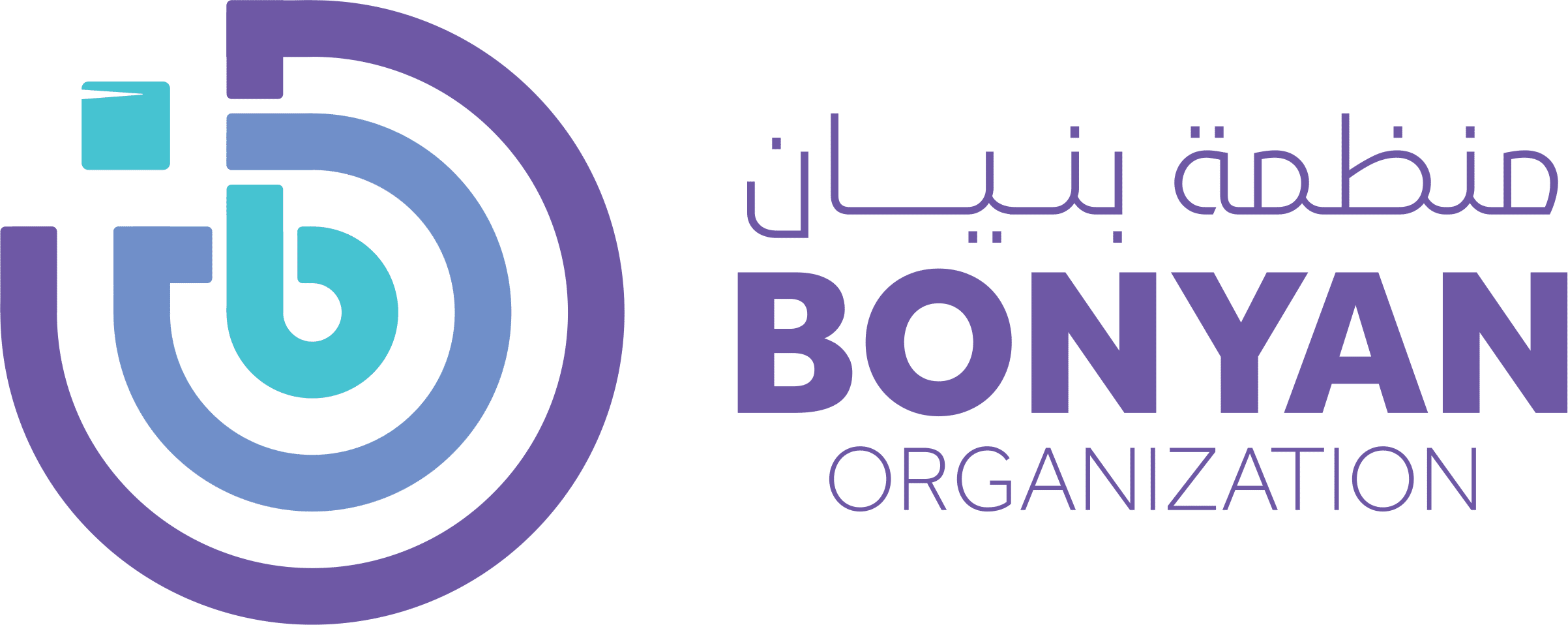What is Nisab?
Nisab, in Sharia (Islamic Law), refers to the minimum amount of wealth that a Muslim must possess before being obligated to give zakat, which is a compulsory act of worship involving the donation of a portion of one’s wealth.
The essential conditions for the threshold (Nisab) are two, as follows:
- It must exceed the urgent need of the Muslim, such as necessities that cannot be dispensed with, like food, clothing, housing, transportation, and tools of the trade.
- A full lunar year must have passed since acquiring it, starting from the day of ownership of the threshold. Zakat on crops and fruits is exempt from this condition, as Zakat becomes due on them on the day of harvest.
What is the Nisab value?
The niṣāb values vary for different types of wealth, including personal, business, and discovered wealth, agricultural produce, ovine (sheep and goats), bovine (cattle, buffalo, bison, antelope, yaks, etc.), and camels.
Personal, Business, and Discovered Wealth:
Zakat is obligatory on both gold and silver, whether they are in the form of money, bullion, jewelry, or utensils, once they reach the threshold (Nisab) and a lunar year has passed on them. The Nisab for gold is eighty-five grams, and for silver, it is five hundred and ninety-five grams.
Agricultural Produce:
Niṣāb value: 1,439 lb. (653 kg).
Ovine (Sheep and Goats):
Niṣāb value: 40 head.
Bovine (Cattle, Buffalo, Bison, Antelope, Yaks, etc.):
Niṣāb value: 30 head.
Camels
Niṣāb value: 5 head.
How long after wealth reaches its Nisab does it come due?
Zakat becomes due on wealth twelve lunar months after it first reaches or exceeds the niṣâb threshold.
The Zakat year is calculated from the date when one’s Zakatable wealth reaches the minimum threshold of niṣâb for that specific type of wealth, continuing for an entire 12-month period.
If an individual possesses wealth above the niṣâb at both the beginning and end of this Zakat year, Zakat becomes payable.
How much money is paid in Zakat?
The amount of money paid in Zakat is typically 2.5% of one’s total wealth, including cash, savings, gold, silver, and other assets. This percentage is calculated based on the value of the assets that have been owned for at least one lunar year and have reached the Nisab threshold.
FAQs
Does Nisab apply to money saved for Hajj?
Yes, Zakat is payable on money saved for Hajj if it is kept for one lunar year, and the total wealth meets the Nisab threshold.
What happens if wealth decreases below Nisab during the year?
Zakat is still obligatory as long as the person is in possession of wealth above the Nisab threshold.
What is the Nisab of Zakat for Gold?
The Nisab of Zakat for gold is equivalent to 87.48 grams. This value represents the minimum amount of gold a Muslim must possess for Zakat to be obligatory. If an individual’s gold holdings exceed this amount, they are required to pay Zakat, which is calculated as 2.5% of the total value of their gold assets.



